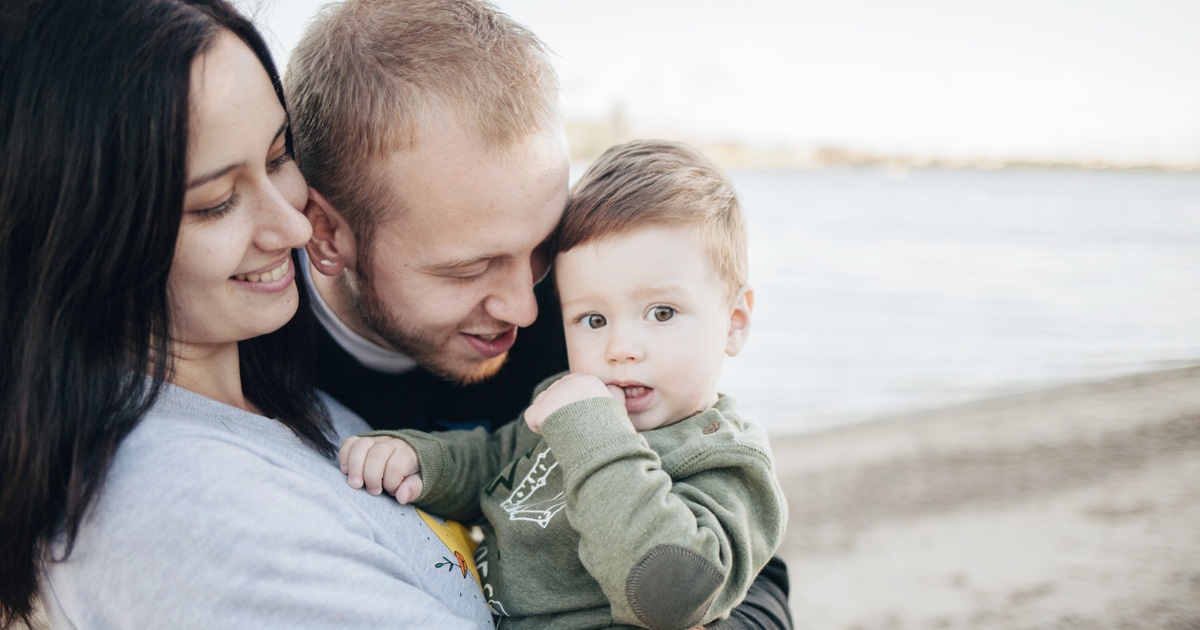In some form or another, everyone experiences anxiety, and this can be especially true in children. One of the most common forms of anxiety in children with autism is separation anxiety. Many children on the spectrum suffer from this type of anxiety, and it can be especially difficult to work with your child to reduce its negative effects. In this post, we’ll discuss dealing with separation anxiety in children on the autism spectrum.
What is Separation Anxiety?
As children grow it’s natural for them to want to be close to their parents and loved ones. That closeness can be extremely valuable in supporting growth and strengthening bonds. It can also make any sort of distance feel much larger than it is, leading to “clingy” behavior. For young children on the spectrum, being separated from parents or loved ones they’re used to seeing all the time can cause severe anxiety.
Separation anxiety can occur when leaving your child to run an errand, to go to work, or even just by dropping them off at school. It also manifests in a variety of ways and at different levels of severity. While many kids grow out of it, some children need a little more help overcoming the emotion.
How to Reduce Separation Anxiety in Children with Autism
Many children on the spectrum need a little more hands-on attention than others, especially in their younger years. As a result, the separation anxiety they experience can be severe and hinder their learning and development with tantrums or repetitive behavior. To combat separation anxiety in your child, try some of the following:
Stay positive. It can be easy to get frustrated with your child if they act out when away from you. Don’t resent their attachment to you, instead, remain positive and talk to them calmly. Even shifting your language to a more positive phrase can help. Instead of saying “I’m leaving,” have them focus on when you’ll return with “I’ll pick you up at 3:30pm.”
Leave without a fuss. Children mimic what their parents do and feel. When leaving the house, try leaving and returning without making a big deal out of it, that way your child learns that it’s not something to be anxious about.
Practice separation. If your child is about to start school for the first time or is learning a new routine, try practicing separation with them to get them used to the idea of being away from you. Not only will this make the real thing easier but it also promotes independence and self-sufficiency.
Try therapy, games and adventures. Behavioral therapies like ABA help children learn positive and productive behaviors while reducing the less productive ones. At home, you can try games like hide-and-seek to practice independence and separation. Going on field trips or adventures with your child will also expose them to more of the world and familiarize them with being in new environments around other people. These can all go a long way to reduce separation anxiety.
Offer rewards or distractions when leaving. When leaving your child with a less familiar adult or less familiar environment, offer them activities to distract them from your departure. For example, you can say goodbye at daycare drop off and point them in the direction of their favorite toy. You can also coordinate with other caregivers who are present with your child after you leave to praise, reinforce, and offer rewards for staying calm.
If you find yourself struggling with separation anxiety in your child, be sure to share your concerns with your child’s therapy providers. Having patience while your child learns to control these emotions is paramount.
For more ABA and autism related news and tips visit our blog and follow us on Facebook and Instagram! If you have questions regarding ABA therapy services or you’re interested in visiting one of our locations, don’t hesitate to reach out to us. We’re always here to answer your questions and support your family’s needs as best as we can.



